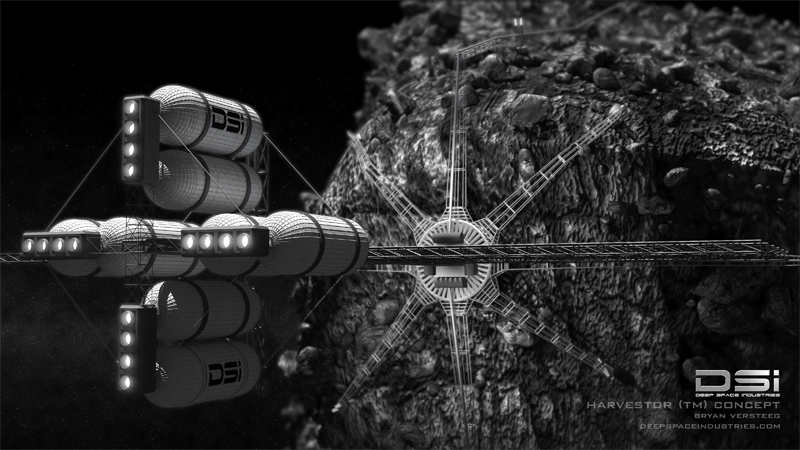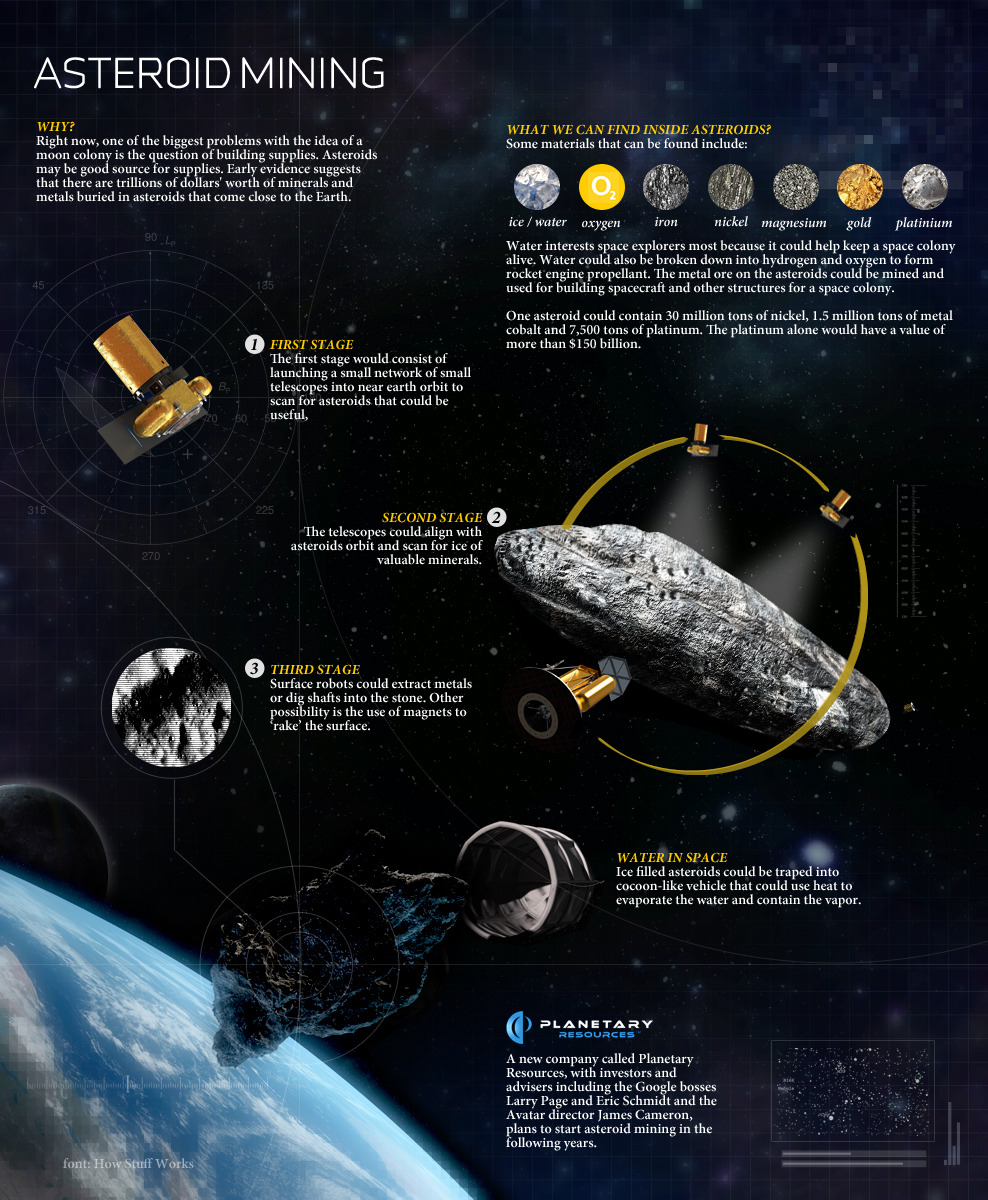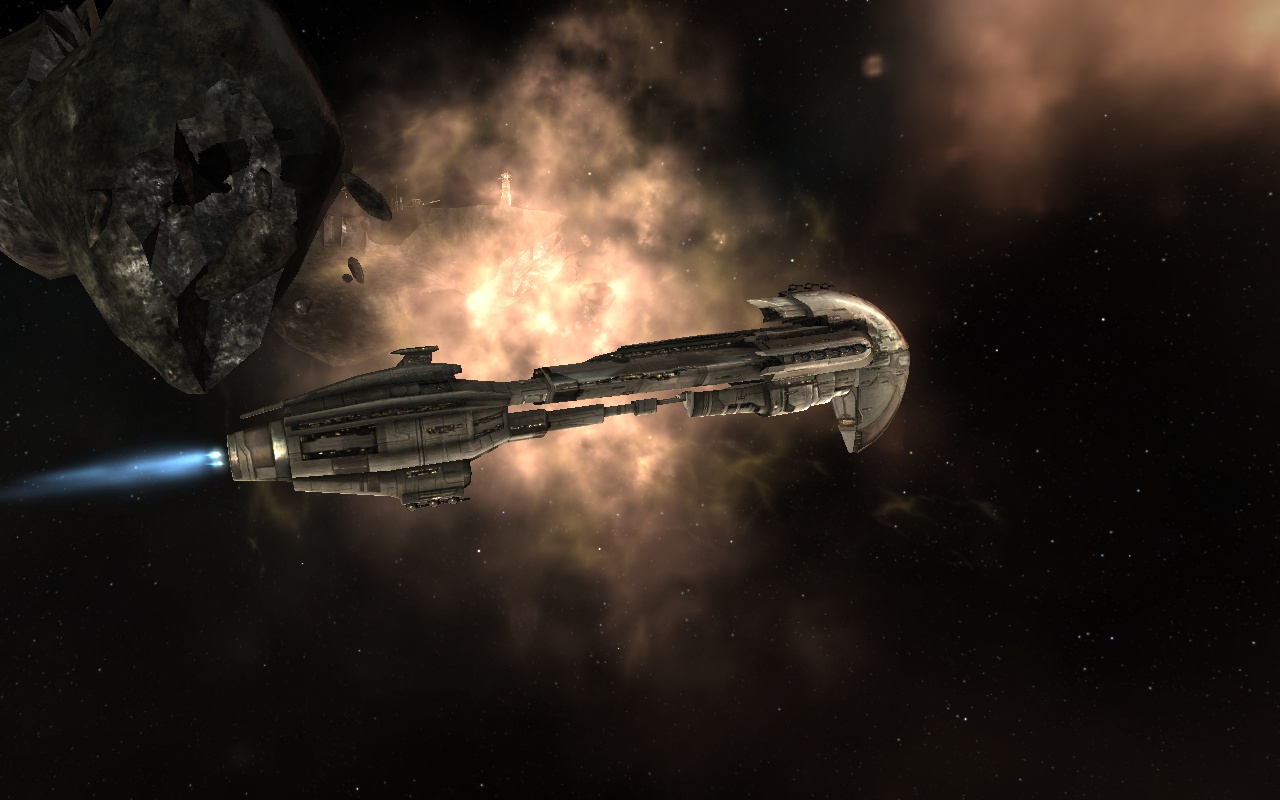Tech’s Enduring Great-Man Myth
The idea that particular individuals drive history has long been discredited. Yet it persists in the tech industry, obscuring some of the fundamental factors in innovation. ...... usk is the CEO of Tesla Motors, which produces electric cars; the CEO of SpaceX, which makes rockets; and the chairman of SolarCity, which provides solar power systems. A self-made billionaire, programmer, and engineer—as well as an inspiration for Robert Downey Jr.’s Tony Stark in the Iron Man movies—he has been on the cover of Fortune and Time. ....... Scholars are “eager to identify and give due credit to significant people but also recognize that they are operating in a context which enables the work.” In other words, great leaders rely on the resources and opportunities available to them, which means they do not shape history as much as they are molded by the moments in which they live. ...... Musk’s success would not have been possible without, among other things, government funding for basic research and subsidies for electric cars and solar panels. Above all, he has benefited from a long series of innovations in batteries, solar cells, and space travel. He no more produced the technological landscape in which he operates than the Russians created the harsh winter that allowed them to vanquish Napoleon. ...... the man’s repeated “willingness to tackle impossible things” has “turned him into a deity in Silicon Valley.” ...... Born in South Africa in 1971, Musk moved to Canada at age 17; he took a job cleaning the boiler room of a lumber mill and then talked his way into an internship at a bank by cold-calling a top executive. After studying physics and economics in Canada and at the Wharton School of the University of Pennsylvania, he enrolled in a PhD program at Stanford but opted out after a couple of days. Instead, in 1995, he cofounded a company called Zip2, which provided an online map of businesses—“a primitive Google maps meets Yelp,” as Vance puts it. Although he was not the most polished coder, Musk worked around the clock and slept “on a beanbag next to his desk.” This drive is “what the VCs saw—that he was willing to stake his existence on building out this platform,” an early employee told Vance. After Compaq bought Zip2, in 1999, Musk helped found an online financial services company that eventually became PayPal. This was when he “began to hone his trademark style of entering an ultracomplex business and not letting the fact that he knew very little about the industry’s nuances bother him,” Vance writes. ............ When eBay bought PayPal for $1.5 billion, in 2002, Musk emerged with the wherewithal to pursue two passions he believed could change the world. He founded SpaceX with the goal of building cheaper rockets that would facilitate research and space travel. Investing over $100 million of his personal fortune, he hired engineers with aeronautics experience, built a factory in Los Angeles, and began to oversee test launches from a remote island between Hawaii and Guam. At the same time, Musk cofounded Tesla Motors to develop battery technology and electric cars. Over the years, he cultivated a media persona that was “part playboy, part space cowboy,” Vance writes. ...... Those who survive under Musk tend to be workhorses willing to forgo public acclaim. ..... Musk’s success at Tesla is undergirded by public-sector investment and political support for clean tech. For starters, Tesla relies on lithium-ion batteries pioneered in the late 1980s with major funding from the Department of Energy and the National Science Foundation. Tesla has benefited significantly from guaranteed loans and state and federal subsidies. In 2010, the company reached a loan agreement with the Department of Energy worth $465 million. (Under this arrangement, Tesla agreed to produce battery packs that other companies could benefit from and promised to manufacture electric cars in the United States.) In addition, Tesla has received $1.29 billion in tax incentives from Nevada, where it is building a “gigafactory” to produce batteries for cars and consumers. It has won an array of other loans and tax credits, plus rebates for its consumers, totaling another $1 billion
Be that as it may. But there is something to Elon, and there was something to Steve Jobs. One example. Americas' original mission is a total spread of democracy. The Internet can help. Just beam the Internet everywhere and you have it. But the US government is not doing it. Elon is.
Elon Musk is no Isaac Newton. But there is one theory that says Calculus would have showed up around the time it showed up, with or without Isaac Newton. What does that take away from Isaan Newton? One trait of the entrepreneur is to be in his/her time but also beyond it. The entrepreneur floats in the time dimension, and helps us do the same.
The entrepreneur has a role. The receptionist has a role. The receptionist can always drop out and become an entrepreneur.
An entrepreneur is not CFO, or COO, or an engineer. Like someone on his team once asked Steve Jobs, "What do YOU do?"
"You play musical instruments, I play the orchestra," he replied.
This is not to say government is not important. And it is not just about cutting edge research it funds (and it, in turn, is funded by the people). It is also about basic law and order. And that is no small thing. There are a lot of countries out there that don't have that. It is about things like free speech. And that is a really big thing.
China did double digit rates for three decades. But America has always had the free speech advantage. China has been playing catch up. To dream up the industries of tomorrow, you need a culture of free speech. That is political innovation.
I have said somewhere, if India is to some day surpass America, it will be because India beat America at free speech and diversity. But first it has to do the China thing of getting the basics right.
Just like there are 100 Senators and one Barack Obama in Washington, there are 1,000 entrepreneurs and one Elon Musk in Silicon Valley. Technically he is in LA.
The entrepreneur is the life force inside a company. And there is no one else right now who is attempting the big sweeps.
And glory is to government R&D. Let's double that budget. And let's keep the pickpockets away.
Oracle was an itty bitty company, and then it snatched a contract from the CIA, and then there was no looking back for Larry Ellison. Elon Musk was dead, almost dead, and then NASA called with a billion dollar check. And he lived to see another day. Who says government does not have a role? Of course it does.
Also, Elon was a grown man when he showed up in America. He has said only in America is this even possible. How many times does he need to say that? Once is enough. Now on to Mars.
Not Mars
Musk's Cross Pollinating Ways
Elon Musk And Tesla Shareholders
Elon Musk: Pando Interview
Elon Musk: Funny Or Die
Elon Musk: Satellite Internet
Hyperloops And Self Driving Cars
Hyperloop
A Touch Of Asperger's
1% of 1% of 1%
Musk Magic
Musk Wisdom
Elon Musk: Internet Satellites
What Could Be A New Product Line For Tesla?
Elon Musk And Larry Page
Jack Ma And Elon Musk




















